A new law passed recently in Vermont requires fossil fuel companies to pay a share of the costs for weather disasters in the state, the first of any such law in the nation.
Fossil fuel companies will be charged based on what proportion climate change has contributed to weather disasters and how much the state government has to spend to clean up the damage.
Climate Superfund Act
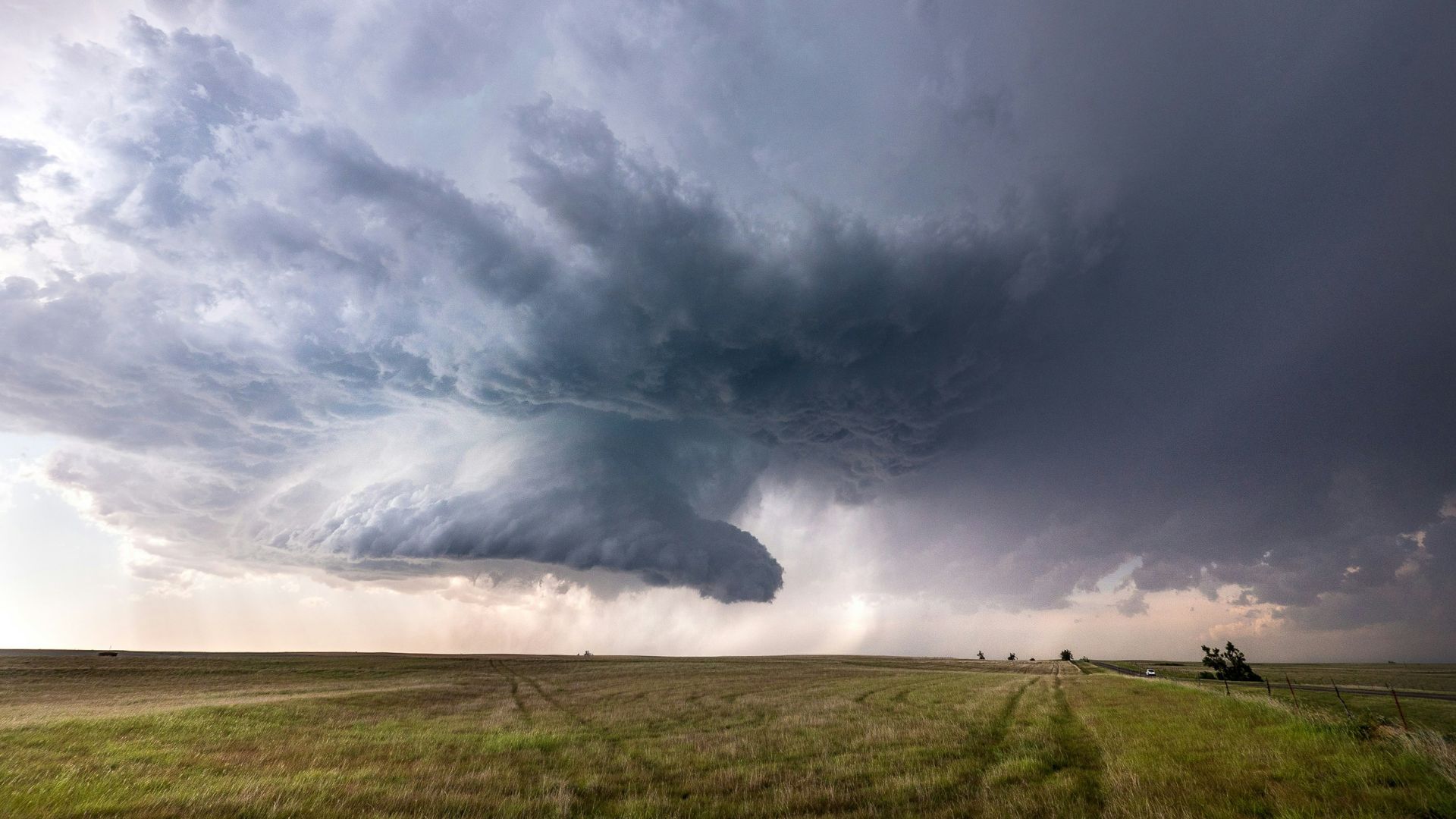
The new Vermont law is called the “Climate Superfund Act” and was created to mirror a similar measure by the Environmental Protection Agency (EPA) called the Superfund program.
While the EPA’s program deals with companies responsible for environmental contamination that needs cleaning up, Vermont’s version takes it a step further and mandates oil companies pay for damage caused by extreme weather events.
Unsure Passage

As the bill passed through the state legislature, bill supporters were unsure if Vermont’s Republican Governor Phil Scott would possibly veto it, having expressed concerns about taking on fossil fuel companies.
“Taking on “Big Oil” should not be taken lightly. And with just $600,000 appropriated by the Legislature to complete an analysis that will need to withstand intense legal scrutiny from a well-funded defense, we are not positioning ourselves for success,” Scott wrote to Secretary of the Vermont State Senate John Bloomer.
Passed Without Signature

Ultimately the bill was not vetoed by the governor, though he chose to let the bill pass into law without signing it personally. In Vermont, there is a five-day consideration period. During this time, the governor either has to sign the bill or veto it, otherwise it becomes law.
“I’m also comforted by the fact that the Agency of Natural Resources is required to report back to the Legislature in January 2025 on the feasibility of this effort, so we can reassess our go-it-alone approach. So, for these reasons, this bill will become law without my signature. I hope those who endorsed this policy will follow through,” said Scott.
Supporters Celebrate
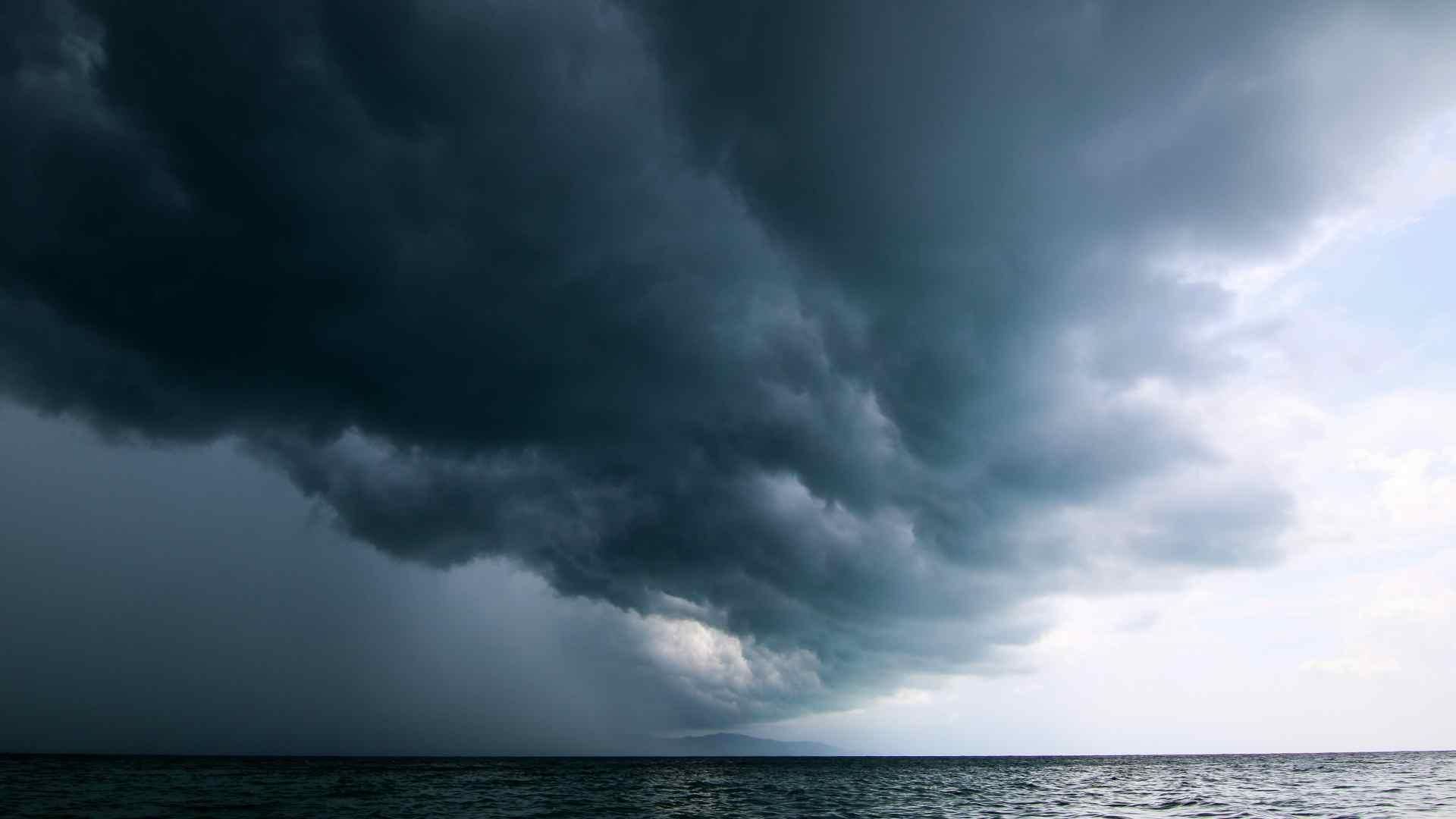
After the uncertainty of whether the bill would pass the governor’s desk, supporters of the legislation celebrated the victory of its passage.
“Finally, the legislative branch of government is saying it’s time to make the world’s biggest polluters pay a fair share of the cleanup costs,” said Elena Mihaly, vice president of the Conservation Law Foundation in Vermont.
New Era
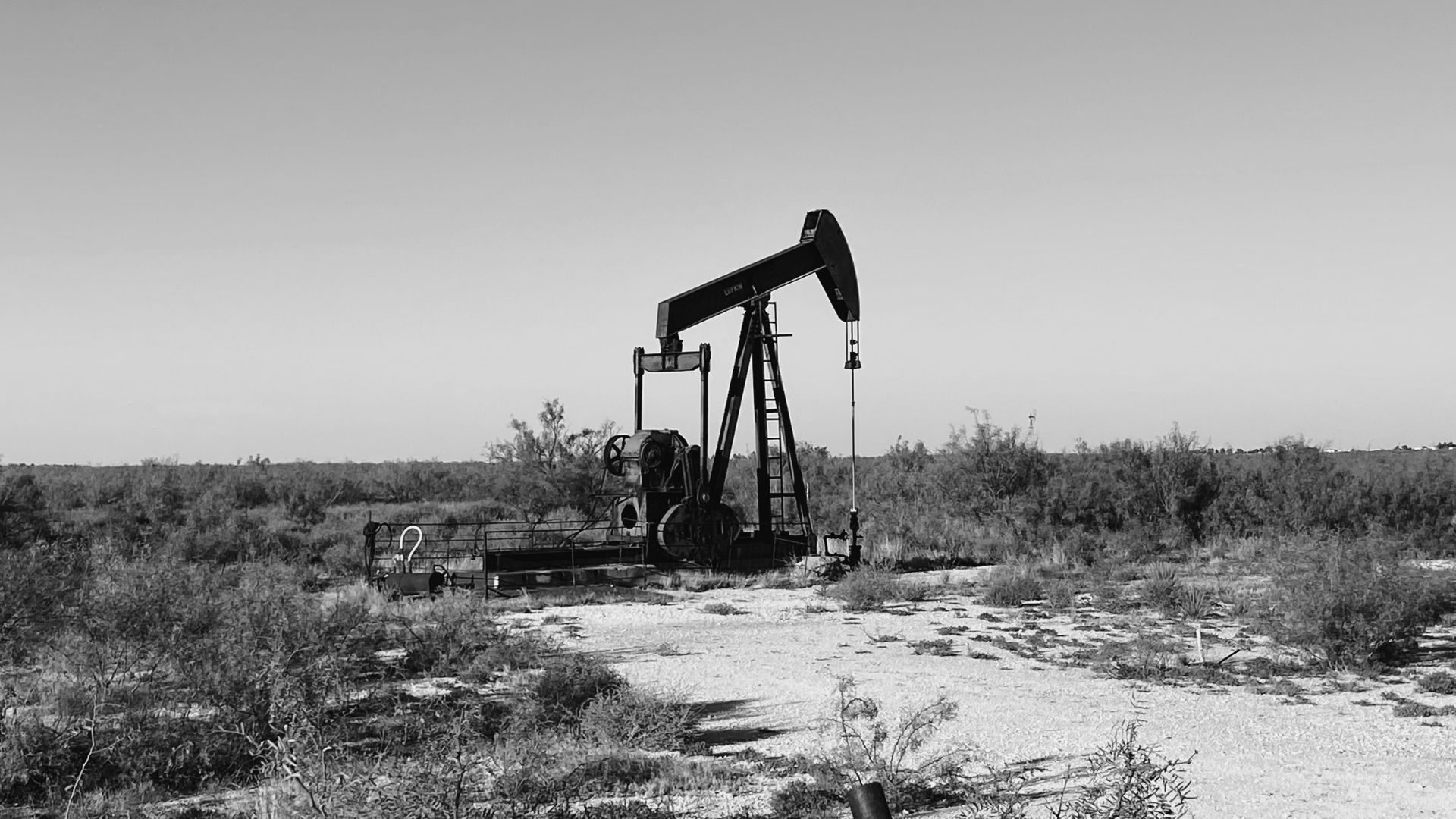
Millay expressed her feeling that this ambitious legislation from a small state like Vermont is just the first step into a new era where the government can feel empowered to take on big oil companies.
“With the enactment of the Climate Superfund Act, we are entering a new era in the effort to hold Big Oil accountable for the damages they have caused,” said Mihaly.
Holding Companies Accountable

Paul Burns, executive director of the Vermont Public Interest Research Group (VPIRG) was relieved that fossil field companies are finally being held responsible for the damage they have done to Vermont.
“For too long, giant fossil fuel companies have knowingly lit the match of climate disruption without being required to do a thing to put out the fire,” said Burns. “Finally, maybe for the first time anywhere, Vermont is going to hold the companies most responsible for climate-driven floods, fires, and heat waves financially accountable for a fair share of the damages they’ve caused.”
Cost of Climate Change on Taxpayers
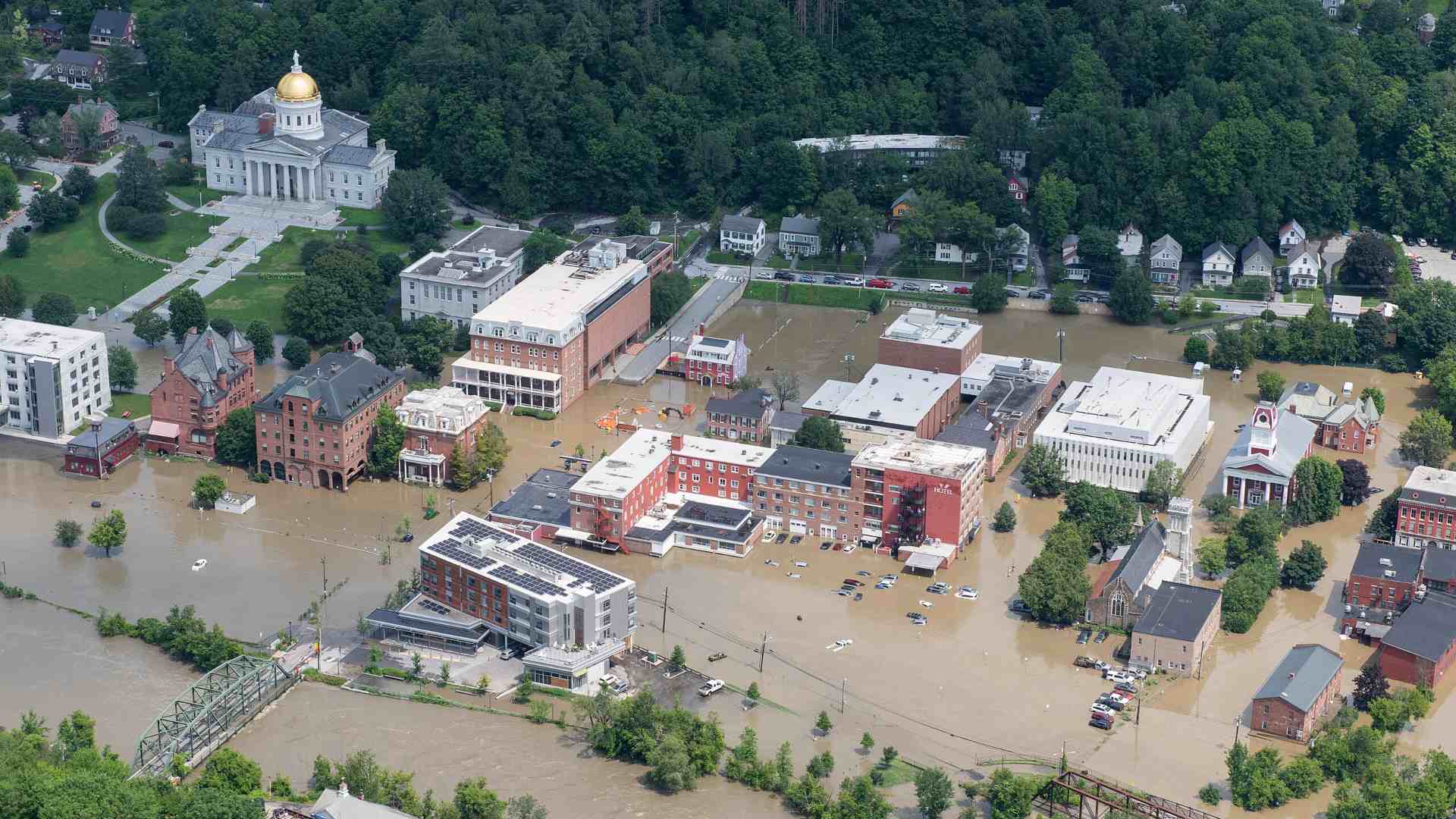
Advocates of the bill blame human-caused climate change for recent highs of extreme weather events in Vermont. Last year, historic flooding caused untold destruction across the state, costing more than $1 billion in damage.
“Without the Climate Superfund, the costs of climate change falls entirely on taxpayers – and that’s not fair. Now, there’s finally a law in place to require the corporations that caused the damage to pay, too,” said Lauren Hierl executive director of Vermont Conservation Voters and a Montpelier city councilor.
What the Law Mandates

With this new law, fossil fuel companies will be forced to pay the state to help modernize infrastructure, clean up storms, and fund preventative measures like waterproofing of public buildings.
The money from oil companies will also be used to help combat additional costs related to public health that result from climate change.
How is the Amount Decided?

The law’s passage gives Vermont government agencies a 2027 deadline to figure out exactly how much companies owe for the damage to extreme weather events, though Governor Scott was concerned about possible outcomes of such an action.
“I’m deeply concerned about both short- and long-term costs and outcomes. Just look at our unsuccessful nationally-focused cases on GMOs, campaign finance and pharmaceutical marketing practices. I’m also fearful that if we fail in this legal challenge, it will set precedent and hamper other states’ ability to recover damages,” Scott said.
Court Challenge On the Horizon

It’s unlikely that the oil industry will just take this new legislation sitting down, and legislators are gearing up for an intense legal fight.
“We know that Big Oil will fight this in the courts,” said Representative Martin LaLonde chair of the House Judiciary Committee. “But, as an attorney myself, and having worked closely with many legal scholars in shaping the bill, I believe we have a solid legal case. Most importantly, the stakes are too high – and the costs too steep for Vermonters – to release corporations that caused the mess from their obligation to help clean it up.”
Other States Considering Joining In
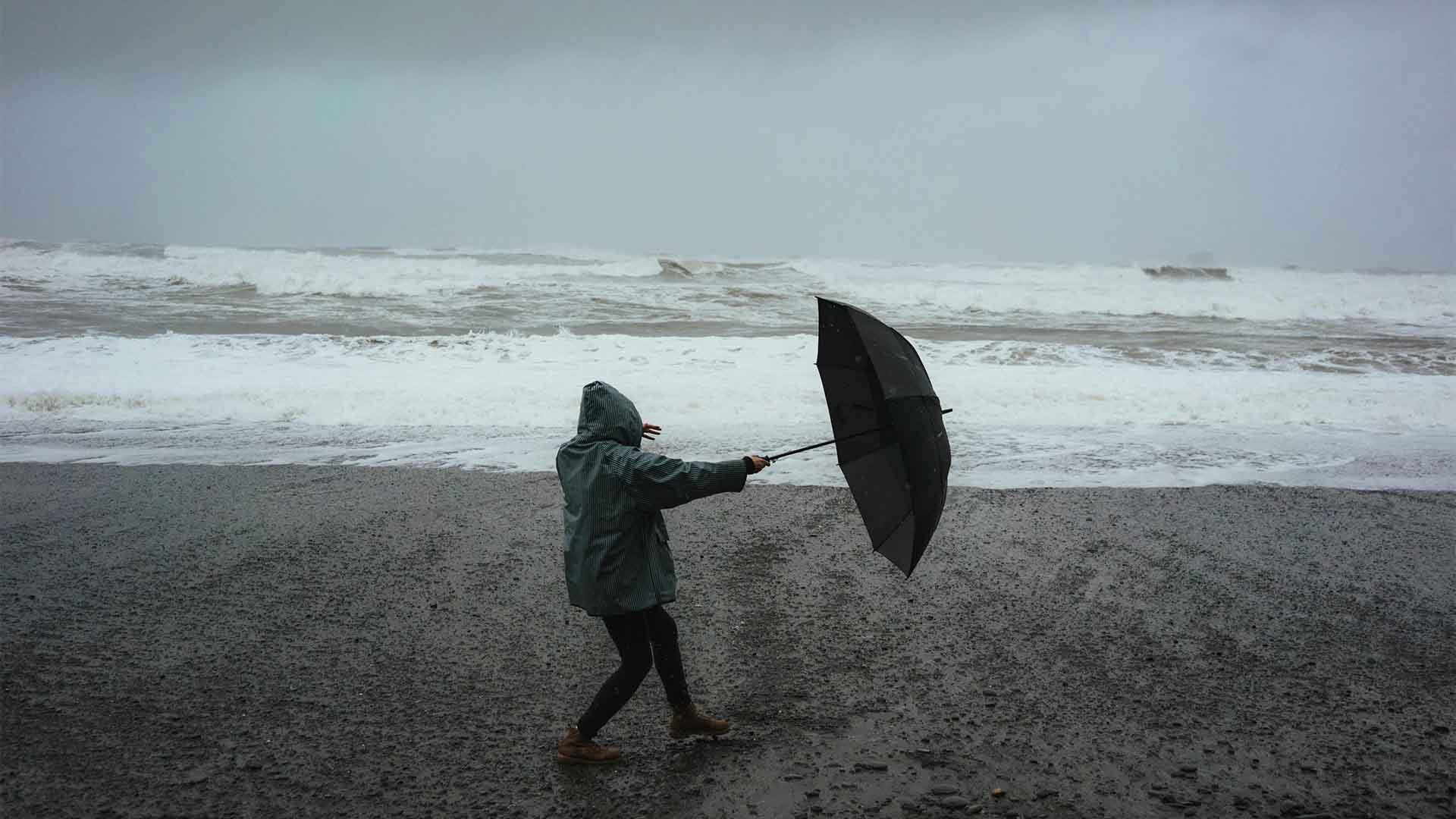
It is already being reported that Massachusetts, Maryland, and New York have started considering similar measures to the one implemented by Vermont.
“I think that the more other jurisdictions see climate disasters, the more compelled they’re going to be to find the financial resources to pay for recovery,” said Jennifer Rushlow, a law professor at Vermont Law School.
